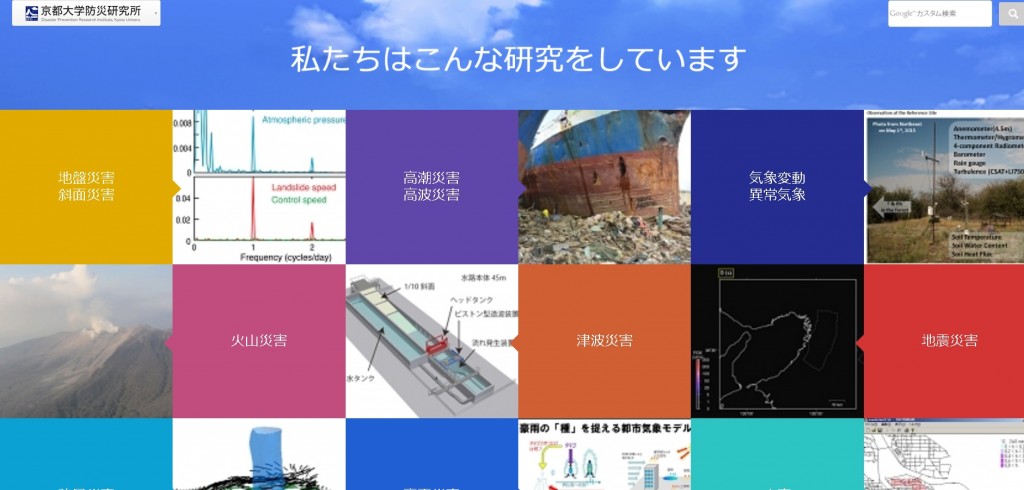A delegation led by ICSU as the organising partner of the UN Science and Technology Major Group took part in the first meeting of the preparatory committee for the 3rd UN World Conference on Disaster Risk Reduction.

The two-day meeting in Geneva this week is preparing the March 2015 conference in Sendai, Japan, where governments are expected to approve a new global framework to reduce disaster risk. Such a framework will build on and replace the current Hyogo Framework for Action 2005-2015 which sought to strengthen the resilience of nations and communities to disasters.
The Science and Technology delegation brought together a broad coalition of organizations including the Inter Academy Partnership (IAP), the Global Young Academy, the Science and Technical Advisory Group (STAG) of the United Nations Office for Disaster Risk Reduction (UNISDR), relevant national bodies (such as the UKCDS and Public Health England) as well as experts from Latin America, Africa and the Asia-Pacific region.
The Science and Technology Major Group emphasised in its intervention the importance of a statement agreed in March 2014 – elaborated by ICSU, IRDR delegates, representatives of UN and national bodies and other members of the Major Group S&T – on establishing an International Science Advisory Mechanism for disaster risk reduction to strengthen resilience for the post-2015 agenda.
Rüdiger Klein, Executive Director of IRDR, represented ICSU as Organising Partner and delivered a statement to the plenary on behalf of the Major Group. Next to urging delegates to endorse the S&T Major Group’s call for an International Science Advisory Mechanism for disaster risk reduction, he highlighted the importance of mutual reinforcement of strategies for disaster risk reduction and sustainable development and related investments, as well as the critical need for capacity building – at local and transnational level – in SIDS and LDCs, whilst acting also on the exposure of communities in middle and high income countries.
Many of the country statements – from both developed and developing countries – emphasized the need for science and technology at the local and national levels. They requested more capacity building, better knowledge transfer and accessibility to data, more comprehensive multi-hazard risk assessment and monitoring, that would all contribute to deliver innovative solutions for disaster risk reduction.
In a joint statement of the UN system, the participating agencies say that they support the need to “strengthen science and research that informs disaster risk reduction policy and practice.” In this regard, the UN system supports the proposed creation of an international science advisory mechanism to strengthen the evidence base for the implementation and monitoring of the new framework.
The European Union, in its statement, said the new Hyogo framework “should also encourage a more systematic and reinforced science-policy interface, including foresight to address future risks and challenges.”
A first draft of the Second Hyogo Framework is expected to be available later this summer for comment, and will be taken forward to the 2nd preparatory committee meeting, Nov 17-18 in Geneva, in preparation for the 3rd World Conference in Sendai, Japan.
Source: ICSU news





